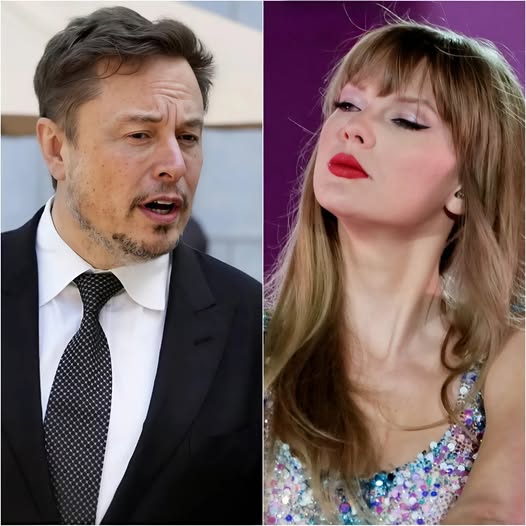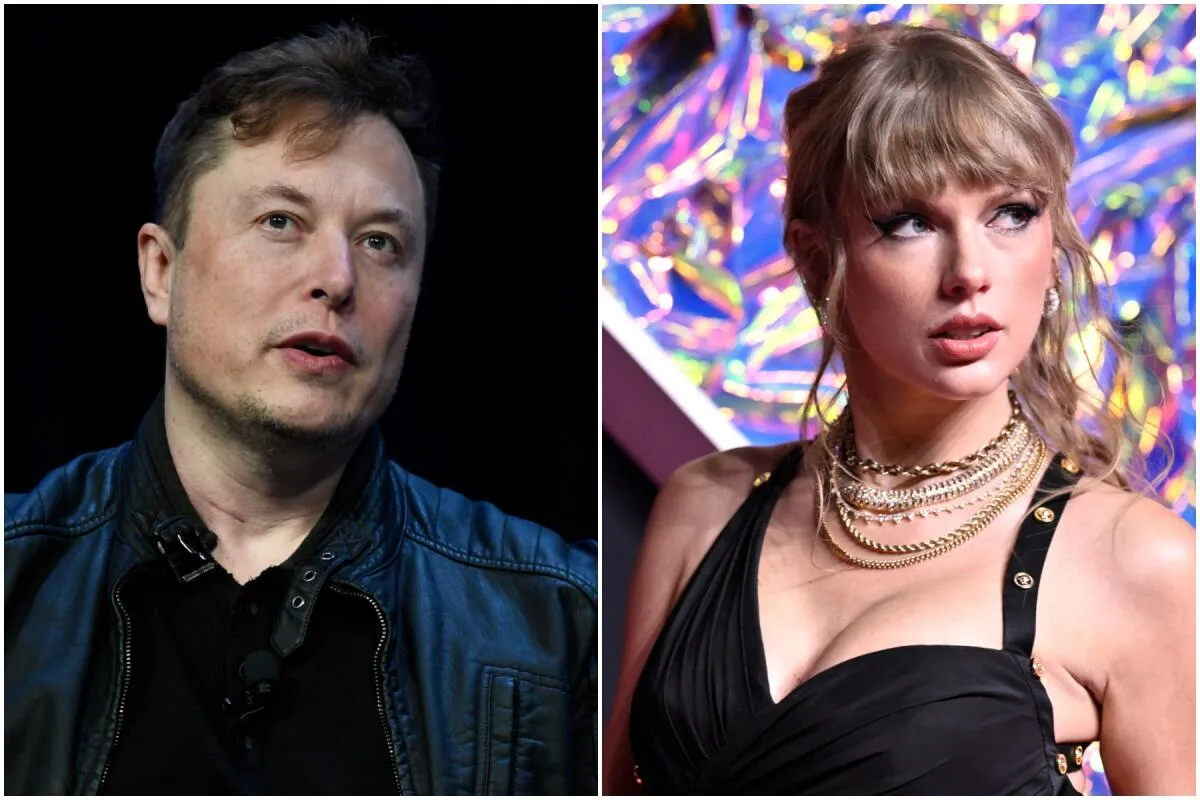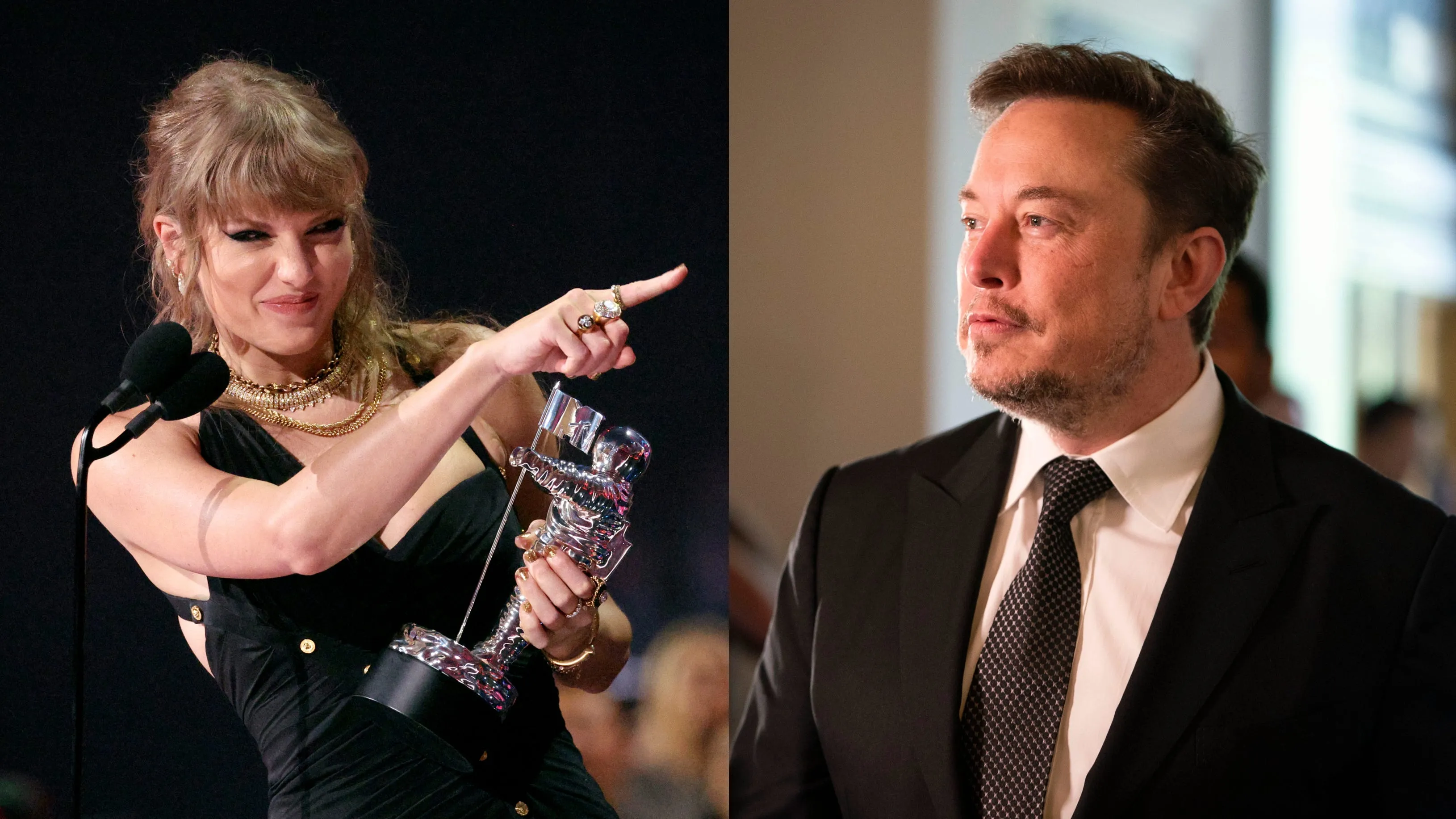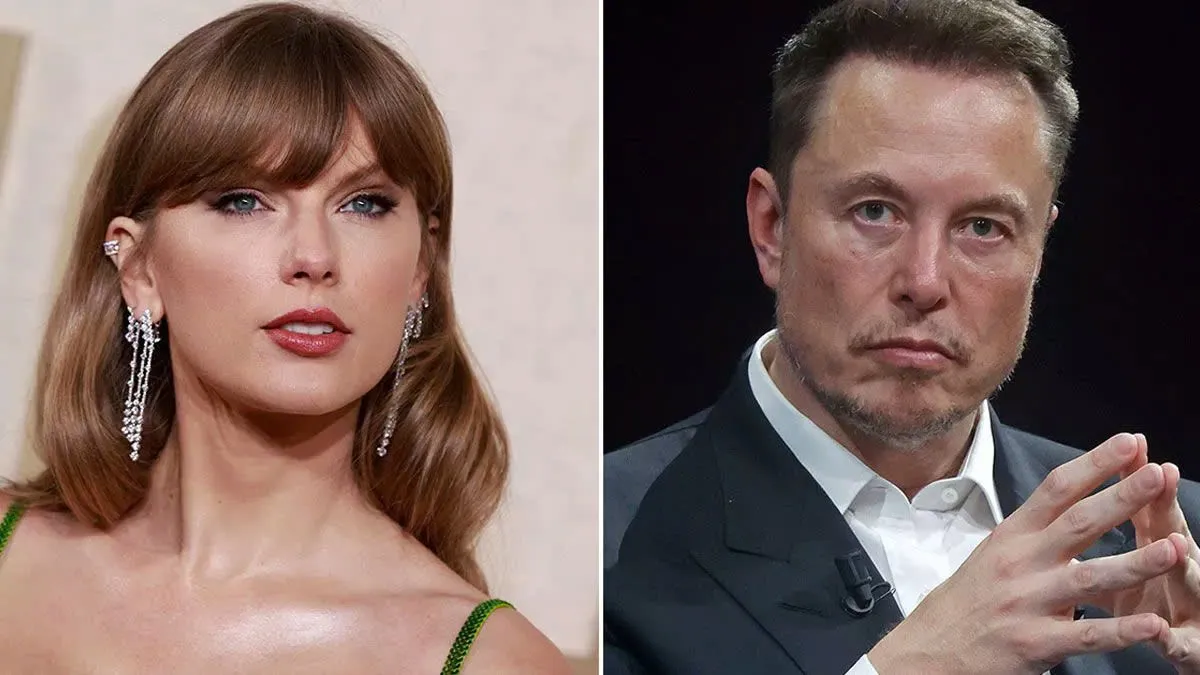Elon Musk, the billionaire entrepreneur known for his controversial statements, has once again found himself at the center of a major public firestorm. This time, his remarks about global pop sensation Taylor Swift have ignited an uproar among her passionate fanbase, with many calling for his cancellation.

The controversy erupted when Musk made what some described as “vulgar” comments regarding Swift during a public forum. While the exact words he used remain a topic of heated discussion, the tone and content of his remarks have been widely condemned as inappropriate and offensive. The backlash was swift and severe, with millions of Swift’s devoted fans, often referred to as “Swifties,” taking to social media to express their outrage.

Hashtags such as #CancelElon and #RespectTaylor began trending within hours, reflecting the intense anger and frustration of Swift’s supporters. Many fans felt that Musk’s comments were not only disrespectful to Swift but also emblematic of a broader pattern of problematic behavior from influential men in the tech industry.
Taylor Swift, known for her grace and measured responses, has yet to comment publicly on the controversy. However, her silence has not dampened the fervor of her supporters, who continue to demand accountability. Some prominent figures in the entertainment industry have also spoken out, expressing solidarity with Swift and denouncing Musk’s remarks as inappropriate and uncalled for.
In response to the backlash, Musk took to his social media platform to downplay the situation, calling it an overreaction. “People need to lighten up,” he posted, further fueling the outrage. Many saw this response as dismissive, reinforcing the perception that Musk is indifferent to the impact of his words.

As the calls for his cancellation grow louder, experts weigh in on the potential consequences for Musk’s various business ventures. While he has weathered controversies in the past, some believe this incident could have more lasting repercussions, particularly among younger consumers who make up a significant portion of Swift’s fanbase. The reputational damage could extend to his companies, such as Tesla and SpaceX, as consumers increasingly factor social and ethical considerations into their purchasing decisions.
Meanwhile, media analysts point out that this latest controversy highlights the power of celebrity influence in today’s digital landscape. Swift’s ability to mobilize millions of fans in support of a cause is unparalleled, and this incident serves as a reminder of the impact that public figures can have on shaping discourse and accountability.

As the debate rages on, many wonder whether Musk will issue a formal apology or attempt to rectify the situation in some other way. Historically, he has been resistant to public pressure, often doubling down on controversial statements rather than retracting them. However, with the volume of criticism reaching unprecedented levels, some believe he may have no choice but to address the situation more seriously.
Regardless of the outcome, this controversy serves as yet another chapter in Musk’s ongoing saga of polarizing public interactions. His ability to generate headlines—whether through innovation or controversy—remains unmatched, but at what cost? For now, the world watches and waits to see how both Musk and Swift’s fanbase navigate this latest storm in the ever-evolving intersection of technology, celebrity, and accountability.


